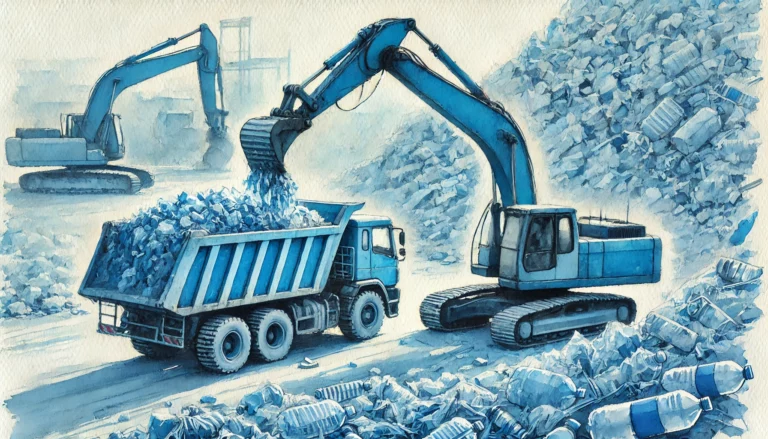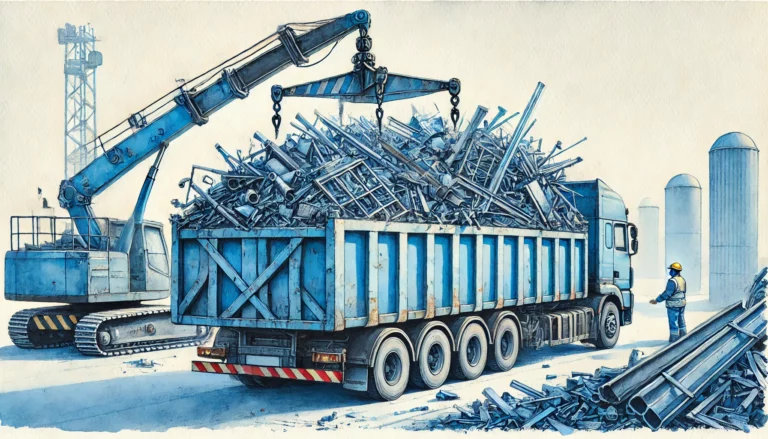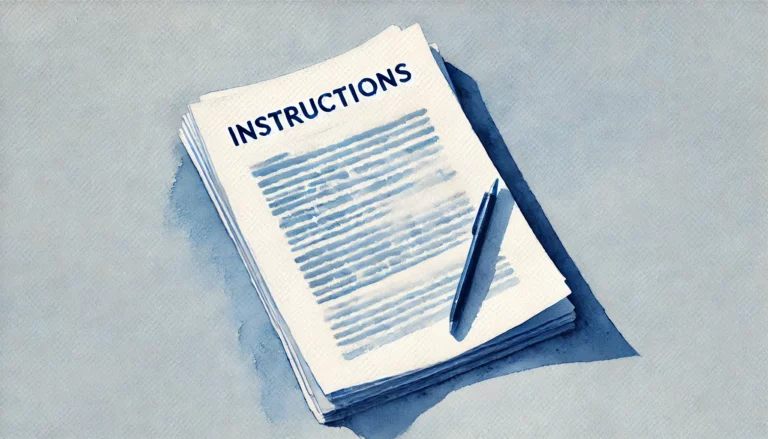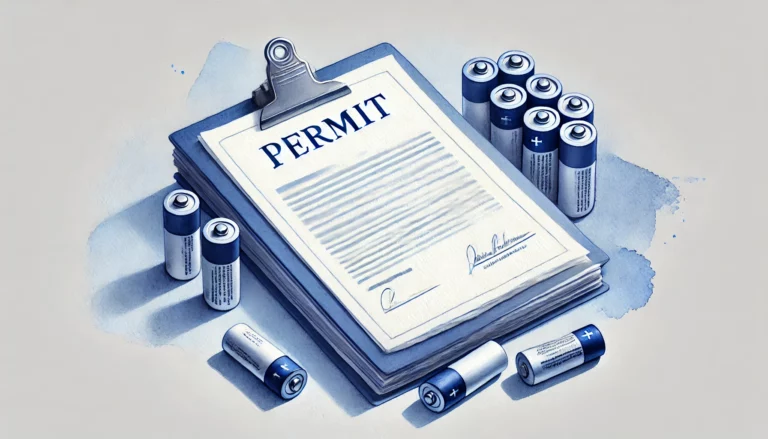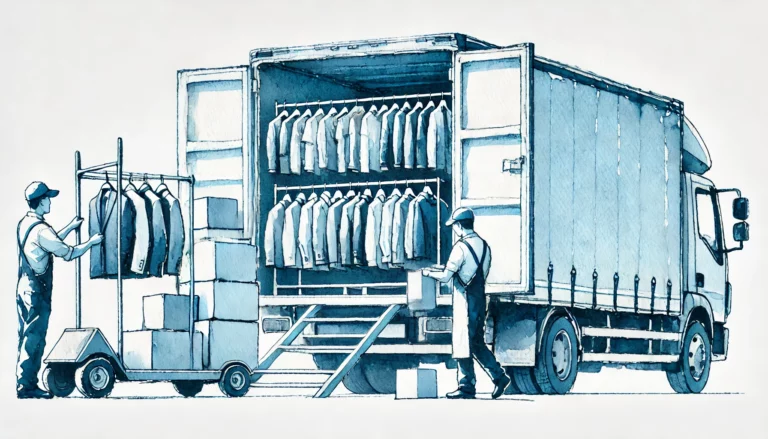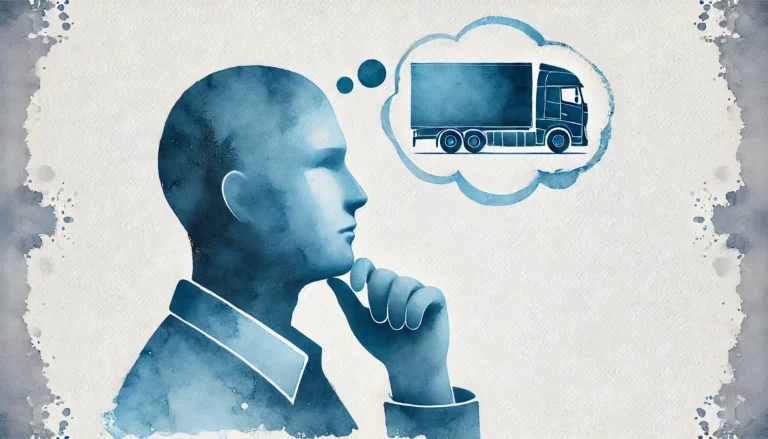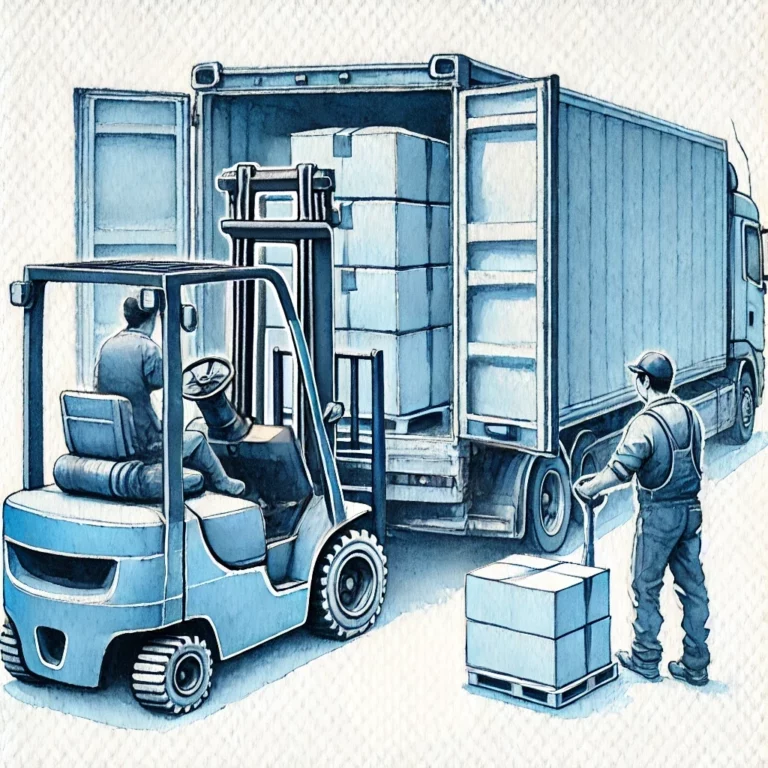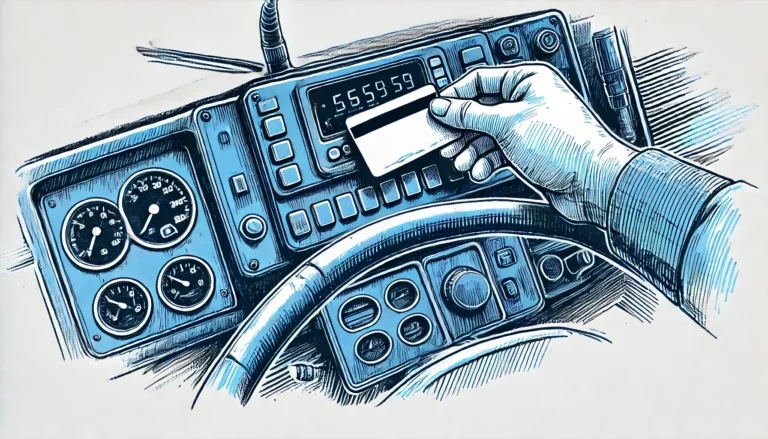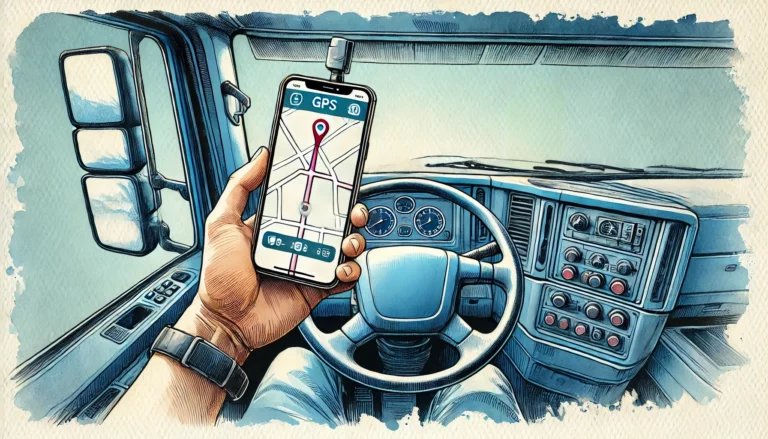Plastic waste recycling – do it right
Europe generates vast volumes of plastic waste. In 2022 alone, EU countries produced 16.16 million tonnes of plastic packaging waste, recycling just 40.7%. Germany leads both in production and exports: in late 2024, it dispatched roughly 15.4 million kg/month of plastic waste abroad. Meanwhile, non-OECD destinations—especially Türkiye—now absorb 44 million kg/month, underlining capacity constraints and cost pressures in Europe….

